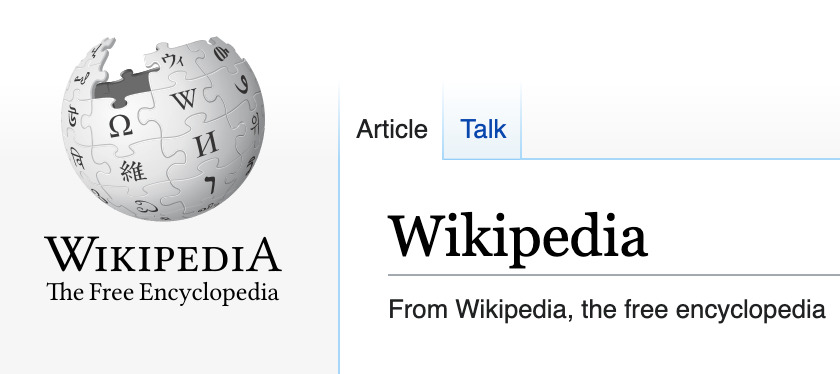Read this: An oral history of Wikipedia's rise to public knowledge dominance

Much like the internet itself, it’s somewhat hard to envision a modern world without Wikipedia. Originally seen as an extremely unreliable free-for-all of information both cited and spurious, today it exists as one of the go-to digital spaces for encyclopedic knowledge (and procrastination). While far from perfect, it remains invaluable to millions of armchair scholars, curious minds, and kids trying to weasel their way out of looming essay deadlines. Today, OneZero published a massive oral history of Wikipedia in honor of its 20th anniversary this week, and it’s nearly as far-reaching and complex as the site itself.
The piece is filled with all kinds of (rigorously fact-checked) info, from the origins of Wikipedia’s name—“wiki” is the Hawaiian word for “quick”—to the surprisingly nuanced, class-based battle that took place between the open source repository we all know so well and something called “Nupedia,” which, while far more reliable, operated at a snail’s pace compared to Wikipedia’s, well, wiki-ness.
As it turns out, the site’s transformational moment was born out of 9/11, of all events. “We had been cranking along reasonably well, writing an encyclopedia. It was planets and historical figures and so on,” Wikipedia founder Jimmy Wales explains. “And [September 11, 2001] was the first time that the community responded to a news event, doing something that was different from journalism, but complementary. People began responding to the news by filling in the background information.”
The rest, they say, is history—history that is subject to constant revision, peer-review, and trolling, of course. But, when you think about it, is that really any different from how history was written before Wikipedia came around? Or did we just blow your mind?
Send Great Job, Internet tips to [email protected]